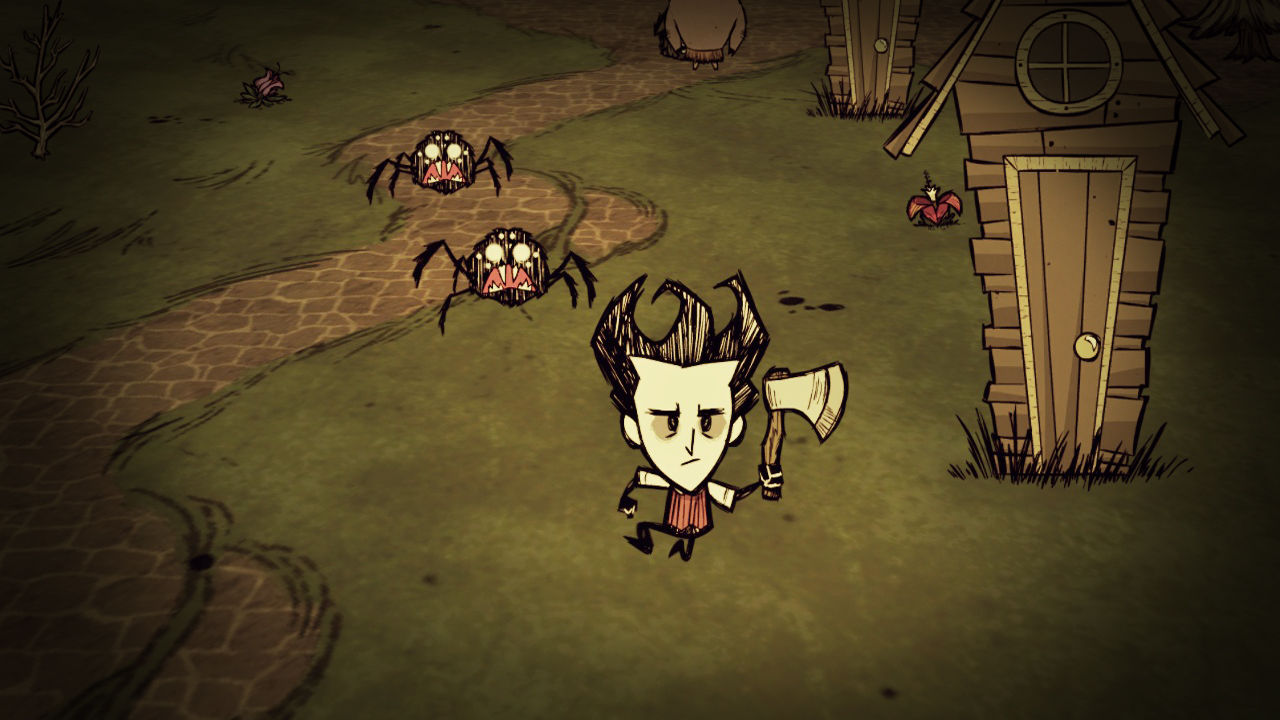Developers should keep this in mind
The placebo effect is a well-known psychological concept wherein performance and results can be altered when a subject believes conditions are different even when they aren’t. Classically, placebos are given in medicinal studies in order to account for the effect. Unsurprisingly, this effect extends to video games.
University of York professor Paul Cairns designed an experiment in which participants played two rounds of Klei’s procedurally generated survival game Don’t Starve. For the first run the players were told the environment would be generated randomly, then for the second playthrough they were told the game would use an advanced artificial intelligence to alter the difficulty based on player skill. The builds used were actually identical.
The results were not just an effect of players becoming more knowledgeable and skilled for the repeat performance, as some players reported having a more difficult time the second time around. Others reported a more enjoyable experience due to the more well-planned map. Of course, the layout of the world was equally random (though not necessarily equally difficult) for both runs. So while participants may have experienced a discrepancy in difficulty, the fact that they attributed it to a fictional change in the code demonstrates the placebo effect.
Placebo effect works in video games too [New Scientist]








